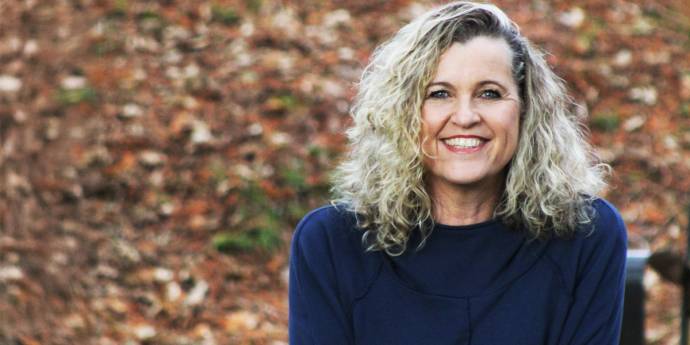What I'm reading – Suneil Connor
Time is a hugely important commodity for leaders - this week's book provides advice on how to make the most of it.

Empowering people through technology has been at the forefront of Debbie Ireland’s (CMInstD) career. The Tauranga-based managing director and founder of Digital Workplace Results (DWR), one of New Zealand’s leading Microsoft 365 training providers, is a transformation expert with expertise in digital strategy, tech and the not-for-profit sector. This year saw her appointed chair of the Tauranga Business Chamber. She also sits on the NZ Bumblebee Conservation Trust and was previously a member and chair of the Youth Search and Rescue board.
This week, the author of Work-Life Balance, My Arse! shares a book that delves into whakapapa, self-development and what it means to belong.
The book is Belonging by Owen Eastwood, and speaks of the author’s experience, including stories about his upbringing, family, self-development and awareness, and his transition into a performance coach.
The book caught my eye because it was written by a New Zealand author – and I liked the title. Something that resonated with me in the book was the fact that when someone feels they belong, it connects them to something higher than themselves, and gives them – and us – purpose as a team or, in this case, a board!
Eastwood draws from his Māori heritage and discusses whakapapa, which signifies ‘an unbroken chain of people connected through time’. Here, he uses the metaphor of the sun: ‘The sun rises in the east, and slowly travels over time’.
When the sun shines on you, it is YOUR time.
As a board, it is our time to shine.
He applies this to sports teams, work or leadership, and I see this as highly relevant in a board context. Our duty is to leave the company, charity or team in a better place than when we started and, when our time ends, we pass on the reins to new board members who will continue the journey, just as with any leadership team.
The Infinite Game by Simon Sinek explores similar themes, where the author discusses the need for companies to have a ‘just cause’ or higher purpose, emphasising an infinite mindset with a long-term vision beyond one's tenure at a company – a perspective that alters how you work within an organisation.
Whereas Belonging highlights the importance of people feeling they belong, which boosts performance and inclusion, but also places an emphasis on storytelling. For a board, both of these elements are crucial for success, and foster a culture of respect and inclusion, using personal stories to gather diverse perspectives.
Everyone should read this book!
I’ve always been an avid reader and wholeheartedly believe in lifelong learning – there is always something new to learn, especially in governance, and exploring topics on leadership, culture, wellbeing and personal awareness significantly contributes to my professional development.
Given I run my own business, I read lots of books about leadership and business – anything from marketing to brand storytelling, to entrepreneurship. There is always something new to learn and my work means I am constantly studying new technology, trends and product updates.
I also enjoy different facets of self-development; a tonne on productivity, time management and habits and some of my favourites are: Atomic Habits by James Clear, 5am Club by Robin Sharma, and The One Thing by Gary Keller.
I continually have at least two to three audio books on the go, and love hearing about anything new! I even gave writing a go myself and wrote Work-Life Balance, My Arse!. Due to Covid, I didn’t get to launch it like I wanted to, but it was an experience in itself!
AI is a significant topic for boards and impacts business, data, people and processes. Understanding its impact on people is critical; it is not that AI will replace people’s jobs but, rather, individuals who understand AI may become more competitive in the job market. Because AI is already present, it is crucial to address this as a board issue rather than ignore it.
The other area that is my primary focus is people, both in helping to bridge the gap with technology, and in understanding their motivations. The more time I spend on boards and in business, the more I realise the emphasis should not necessarily be on the outputs, but on the individuals – their wellbeing and happiness, which ultimately determines their performance. This is a straightforward concept, yet it is often overlooked.
I appreciate hearing about others' journeys and their insights. Twice now, I have taken on the role of chair, enjoying the task of encouraging conversation. I've learned the importance of truly ‘seeing’ people and motivating them to share their valuable contributions.
If you have a book you would like to share, contact sonia.yee@iod.org.nz.